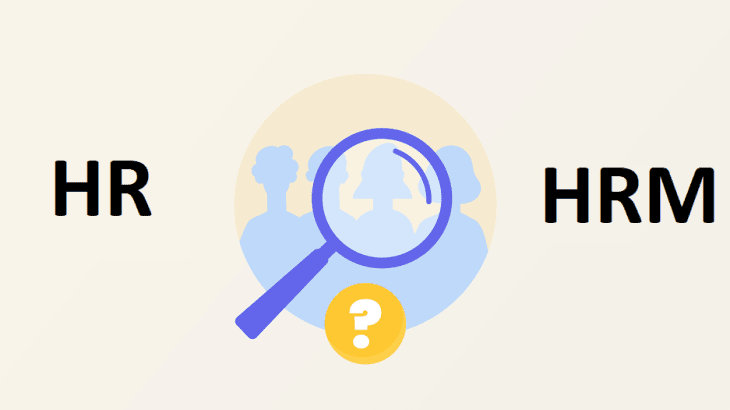Human Resources (HR) and Human Resource Management (HRM) are two closely related terms used in the corporate world. While both terms deal with managing employees within an organization, there are subtle differences between the two. This article will explore the nuances of HR and HRM and the similarities between the two.
What is HR?
HR refers to the department or function within an organization that is responsible for managing and developing the workforce. The HR department manages employee recruitment, training, and benefits, as well as employee relations. The primary role of HR is to ensure that an organization has the right people in the right positions to achieve its goals.
What is HRM?
HRM is a strategic approach to managing employees in an organization. It encompasses the same functions as HR, but takes a broader perspective, focusing on the strategic alignment of the workforce with the organization’s goals. HRM also involves identifying and developing talent, as well as ensuring that employees are engaged and motivated to contribute to the organization’s success.
HR vs HRM: The Differences
The main difference between HR and HRM lies in their approach to managing employees. HR is focused on the day-to-day operations of managing the workforce, whereas HRM takes a more strategic approach. HRM is concerned with aligning the workforce with the organization’s goals, while HR focuses more on the administrative functions of managing employees.
Another difference between the two is their scope of influence. HR is typically responsible for managing employees within a specific department, while HRM has a broader scope, covering the entire organization.
HR vs HRM: The Similarities
Despite the differences, HR and HRM share many similarities. Both functions are concerned with managing employees, ensuring compliance with employment laws, and fostering a positive work environment. They both play a crucial role in recruiting, developing, and retaining talent within an organization.
Furthermore, both HR and HRM require a deep understanding of the organization’s goals and culture. They must be able to identify the right talent to achieve those goals, and ensure that employees are engaged and motivated to contribute to the organization’s success.
The Importance of HR and HRM
Both HR and HRM play a vital role in the success of an organization. They are responsible for identifying and developing the talent needed to achieve the organization’s goals. Without effective HR and HRM, an organization risks having an unmotivated and underperforming workforce, which can hinder its success.
Conclusion
In conclusion, while HR and HRM share many similarities, they differ in their approach to managing employees. HR focuses on the day-to-day operations of managing the workforce, while HRM takes a more strategic approach, aligning the workforce with the organization’s goals. Despite the differences, both functions are crucial for the success of an organization. Effective HR and HRM can help an organization attract, develop, and retain the right talent, leading to a motivated and high-performing workforce.





